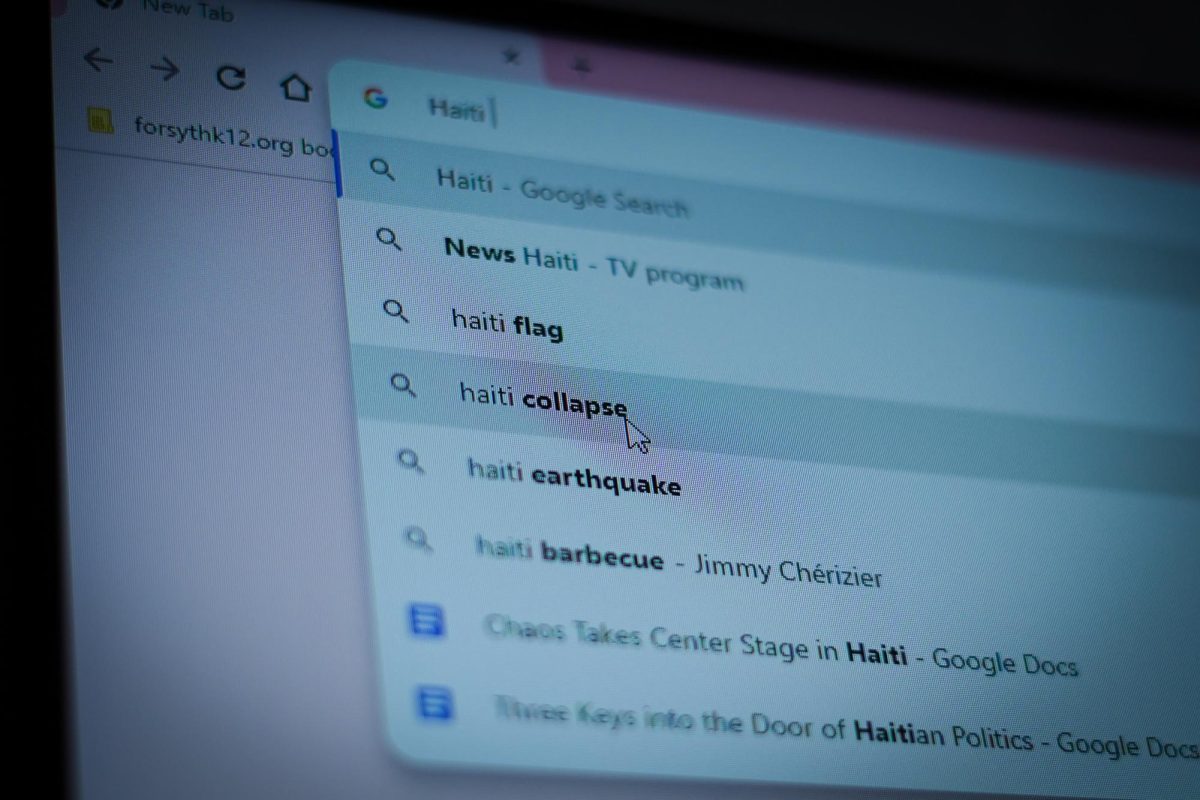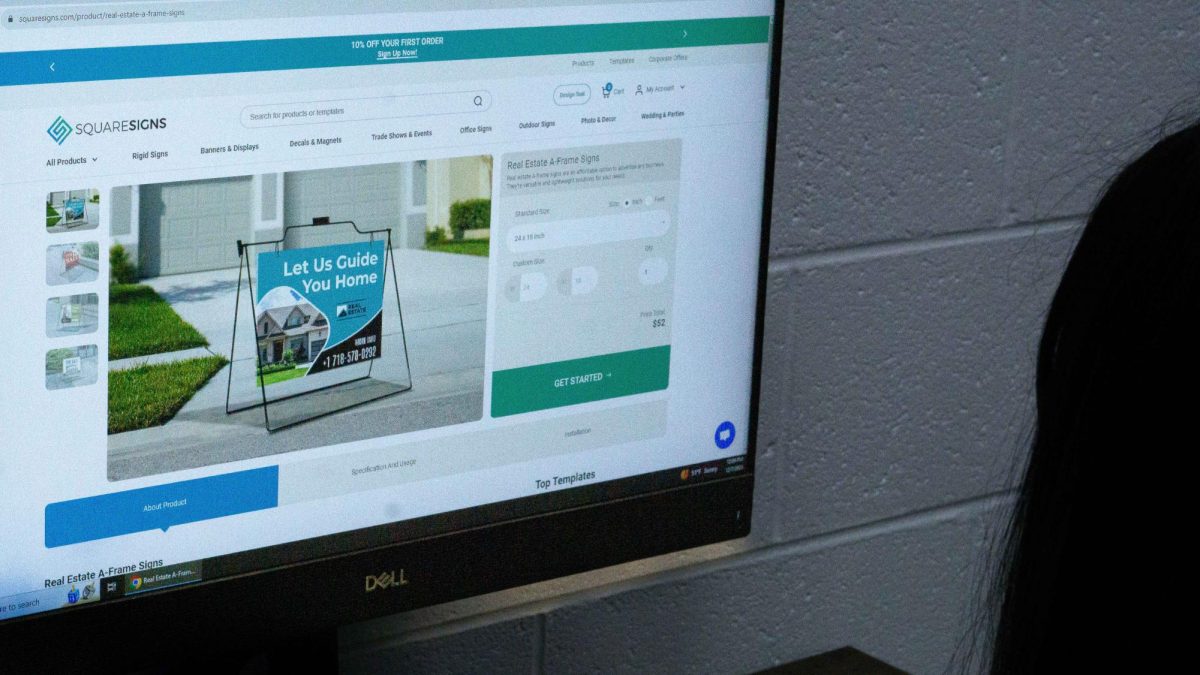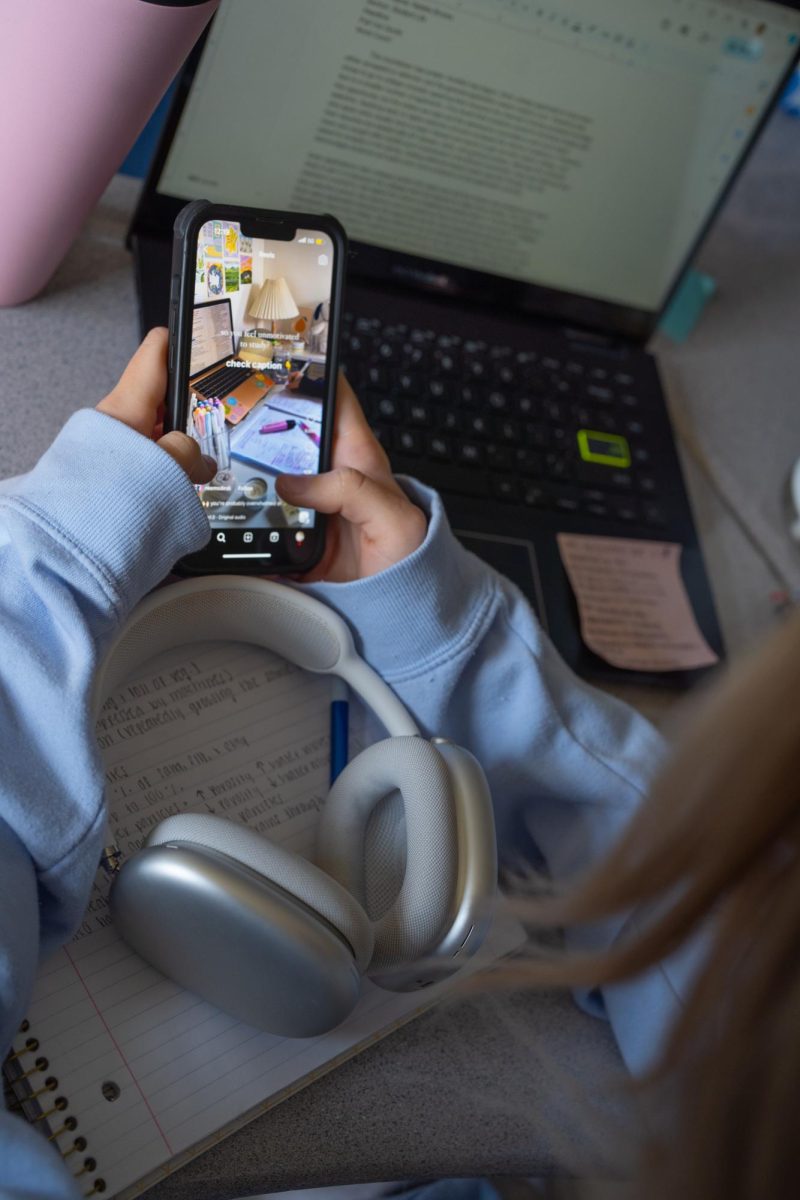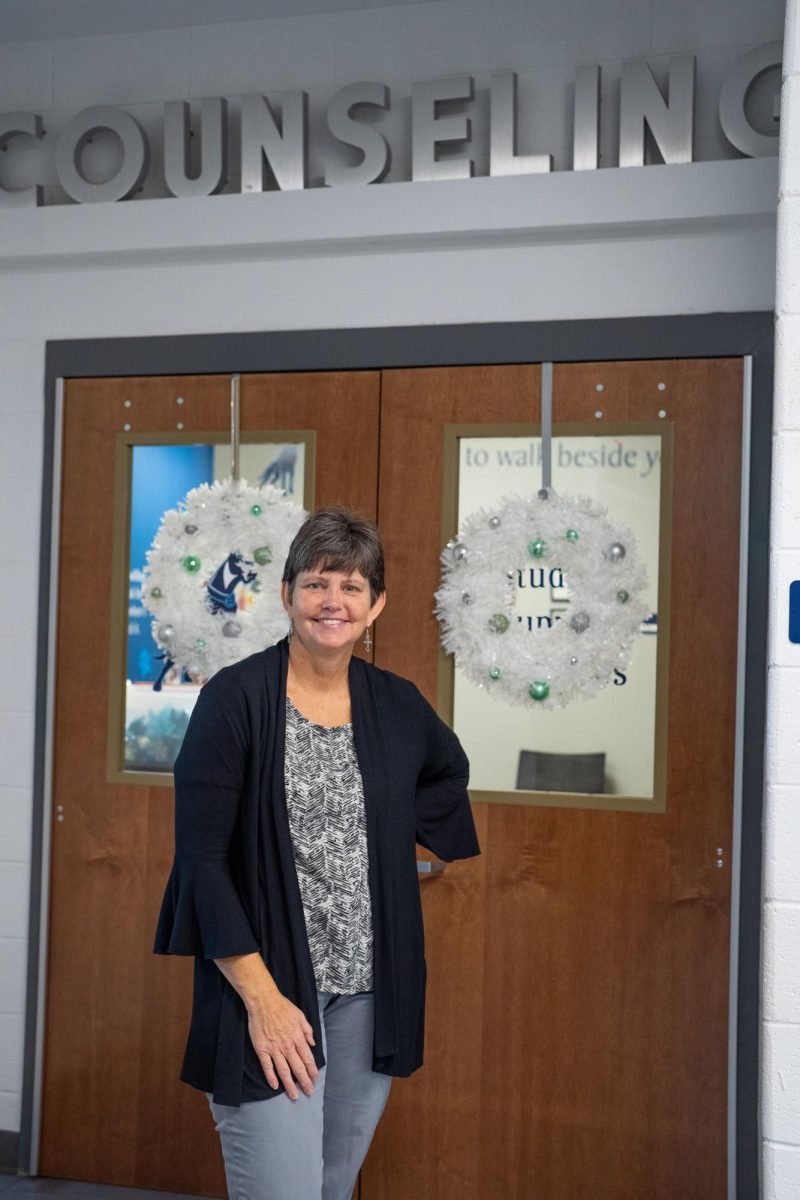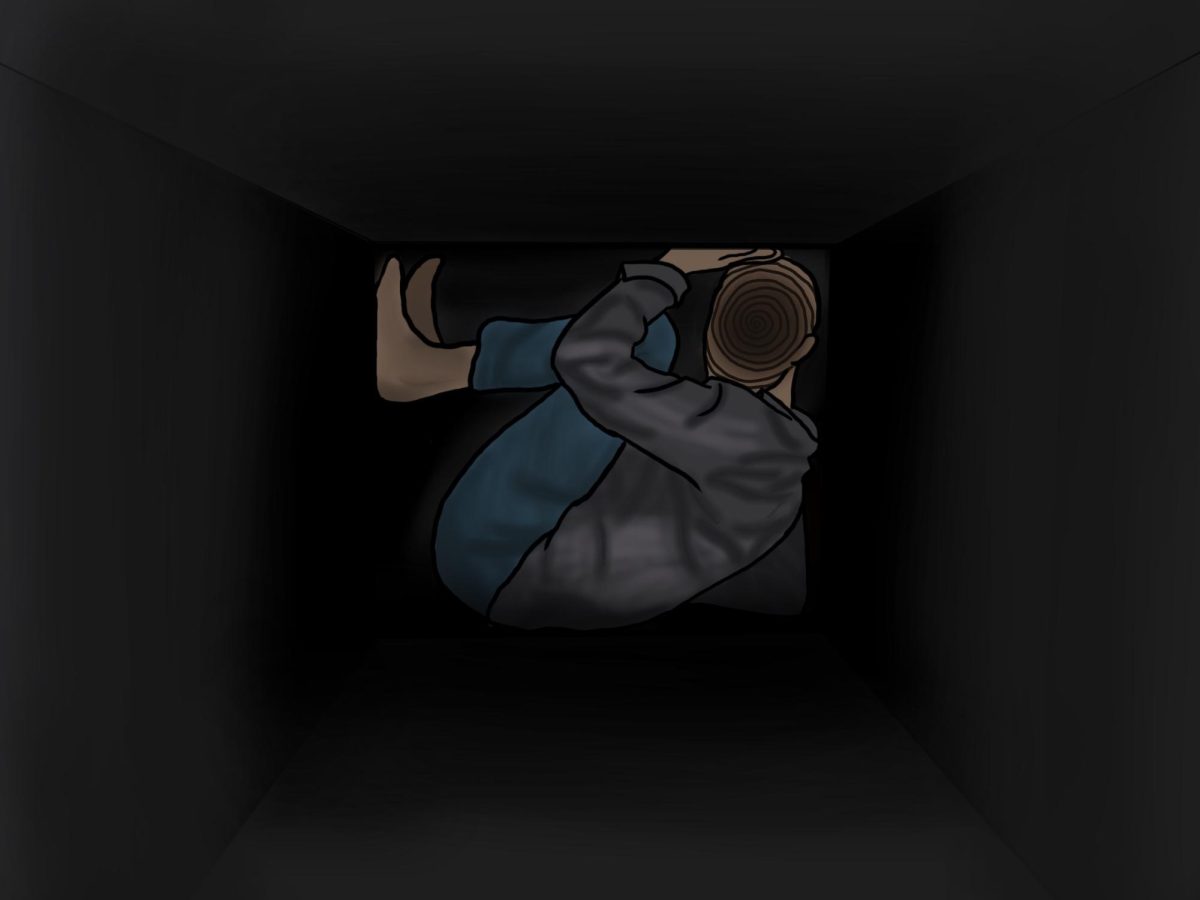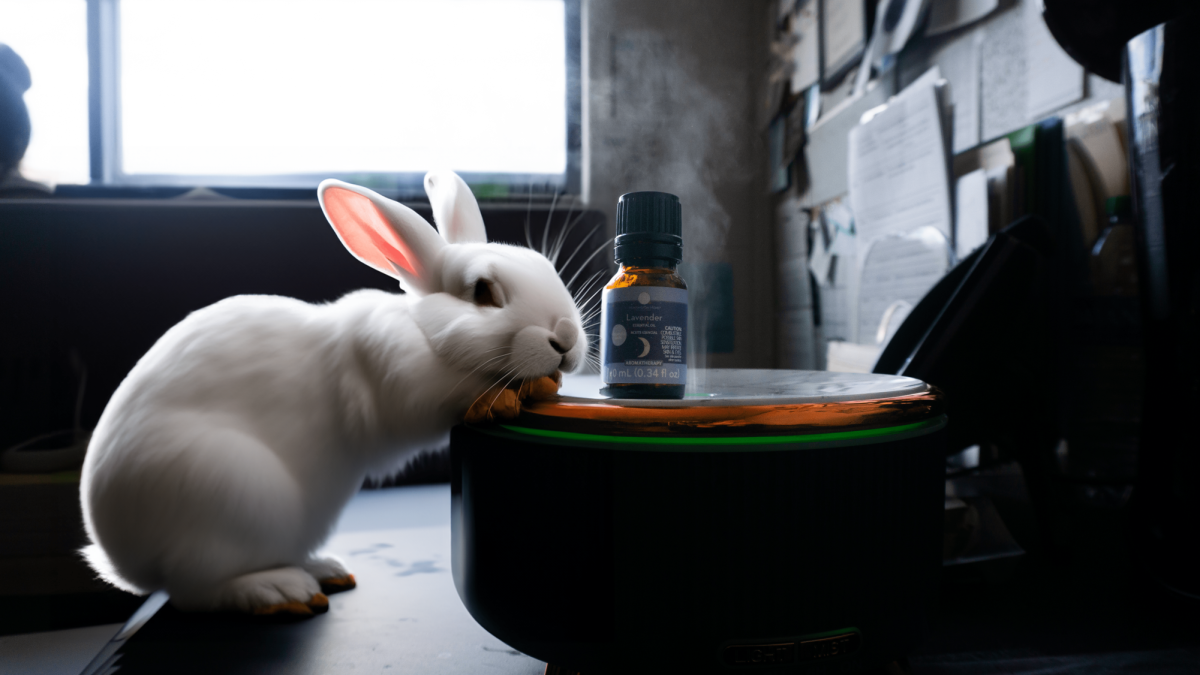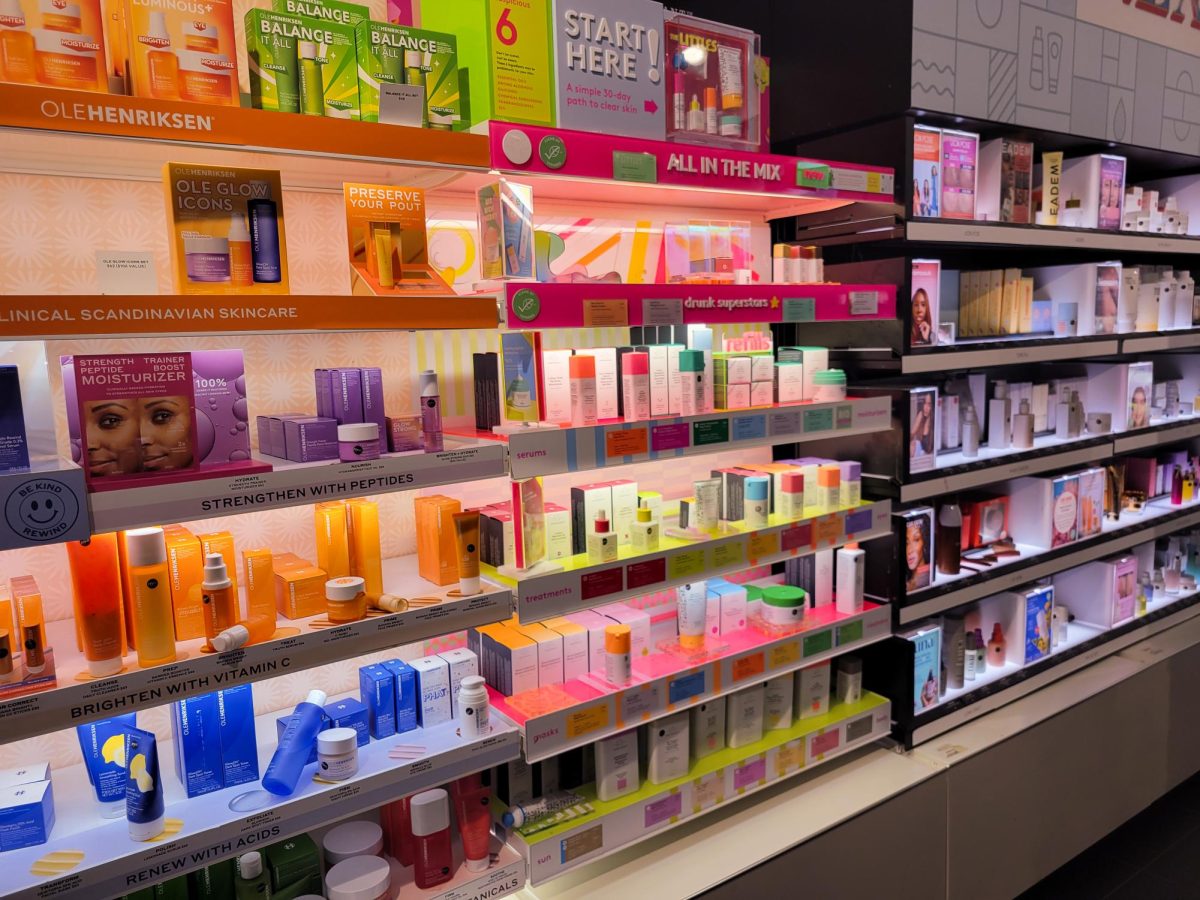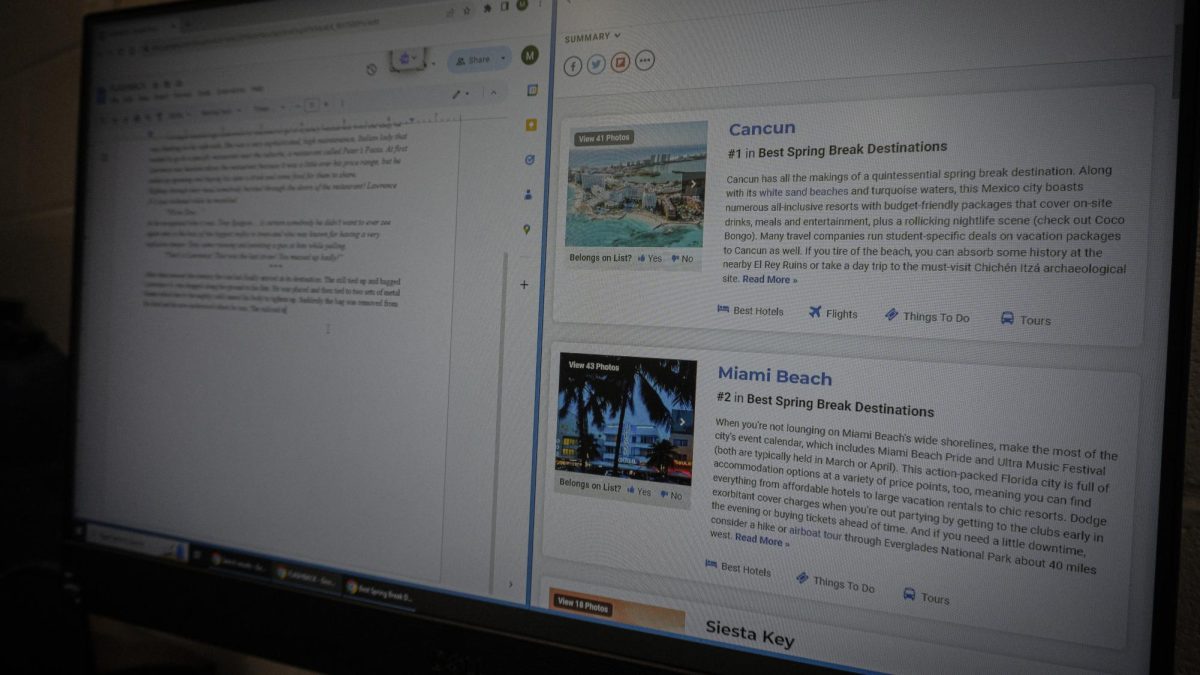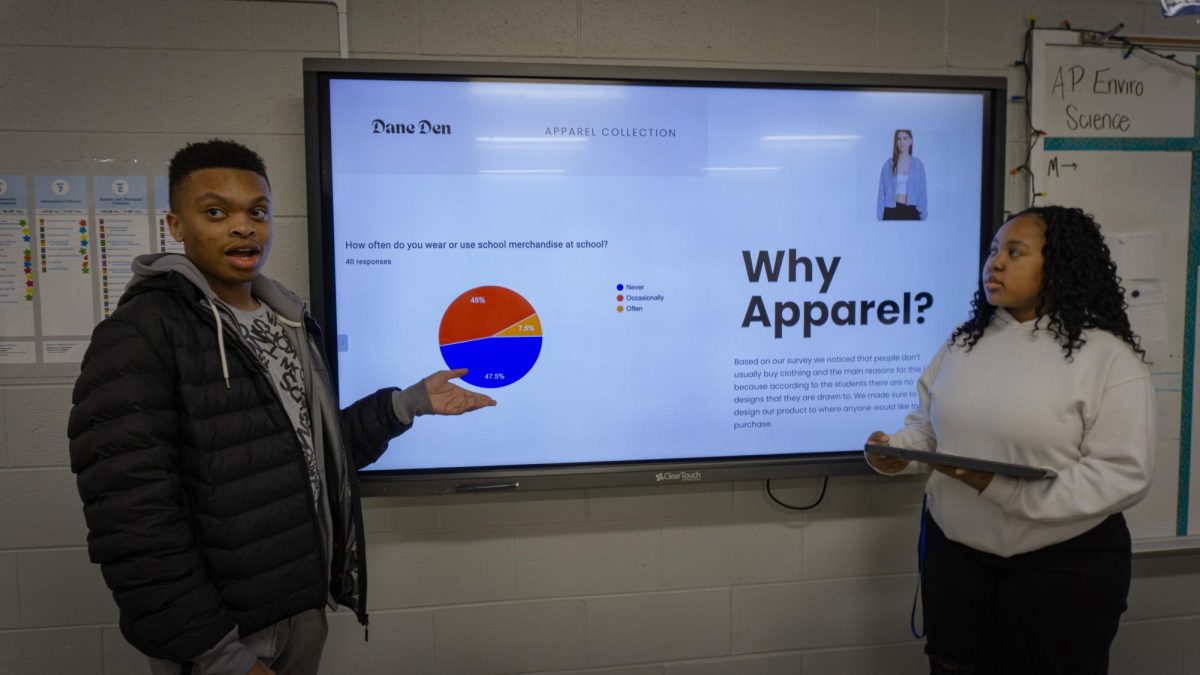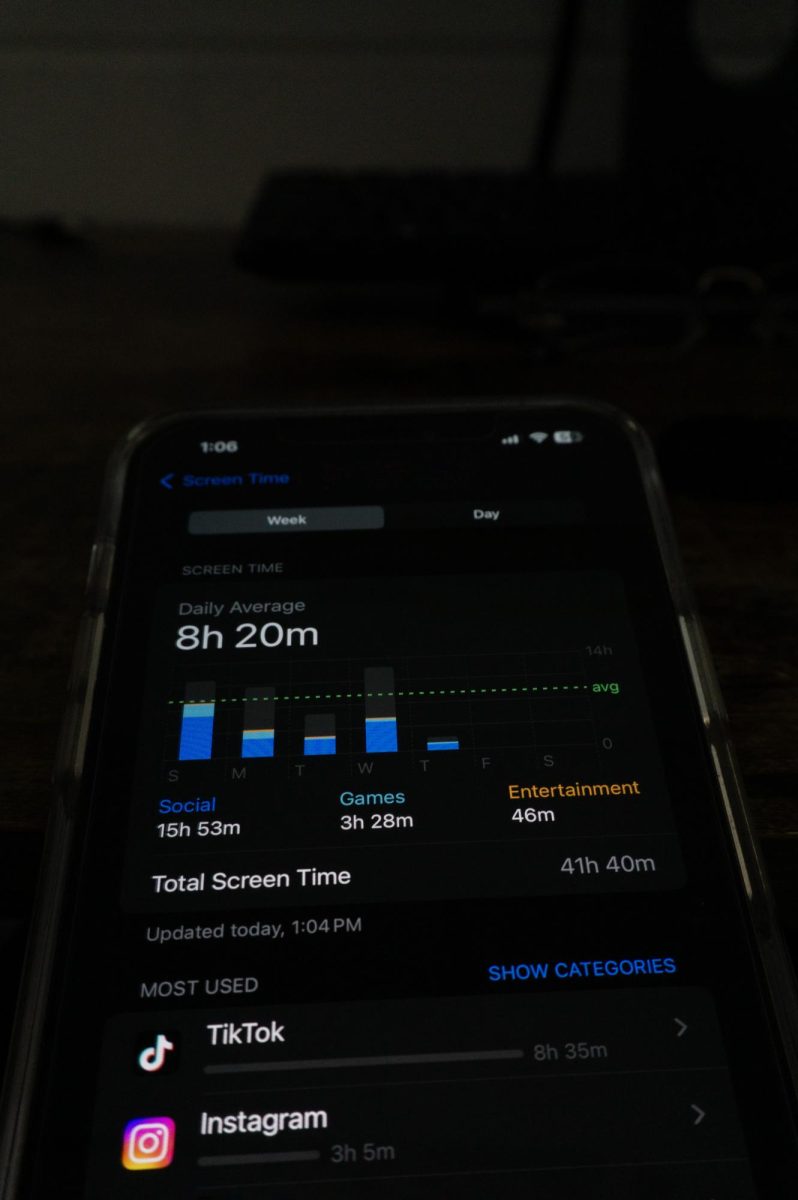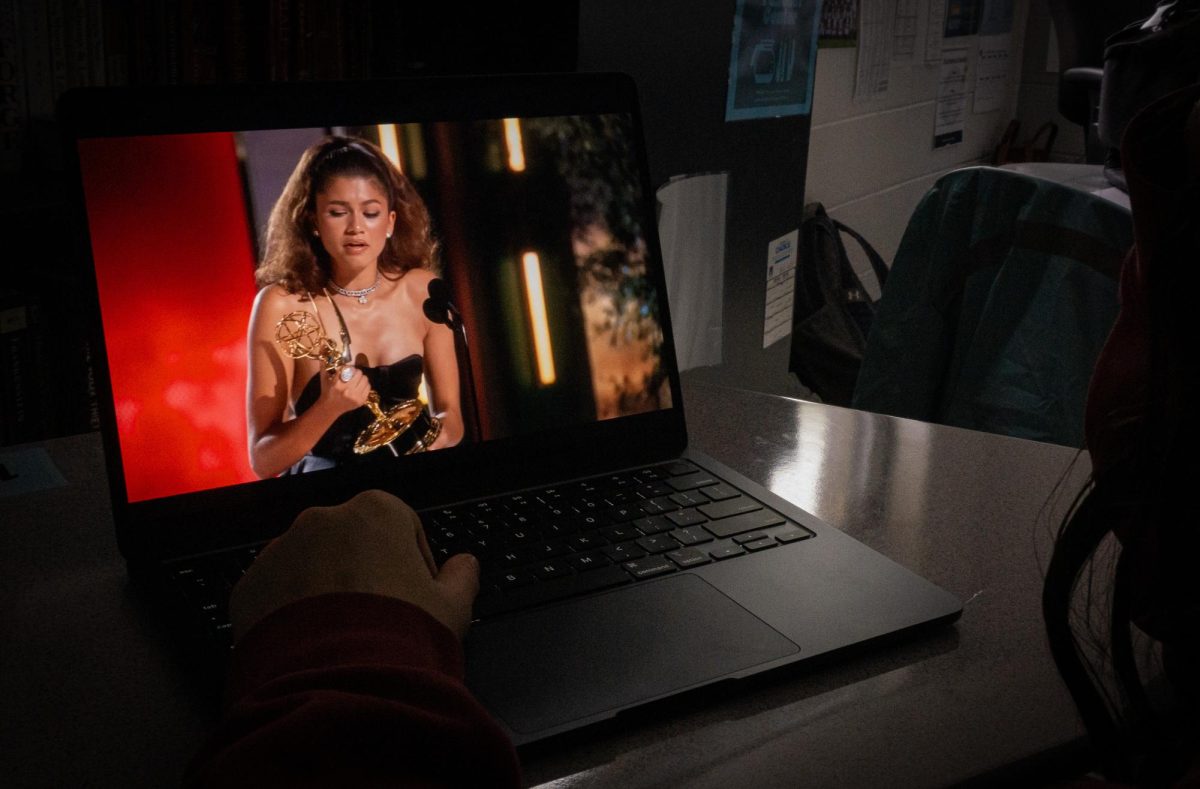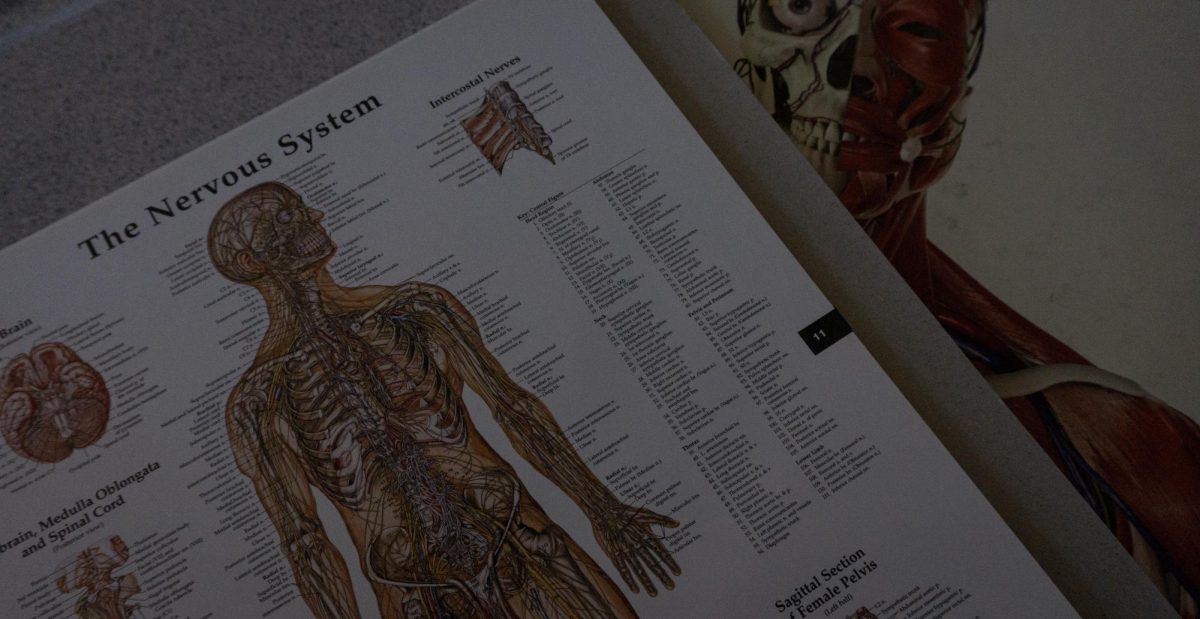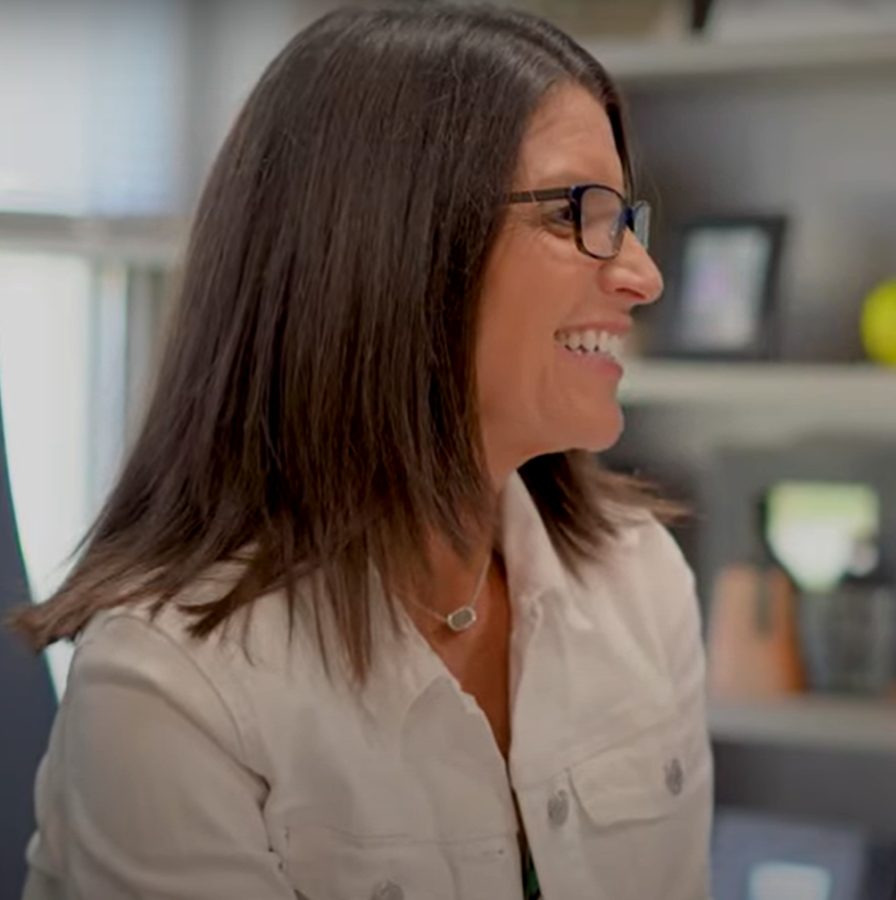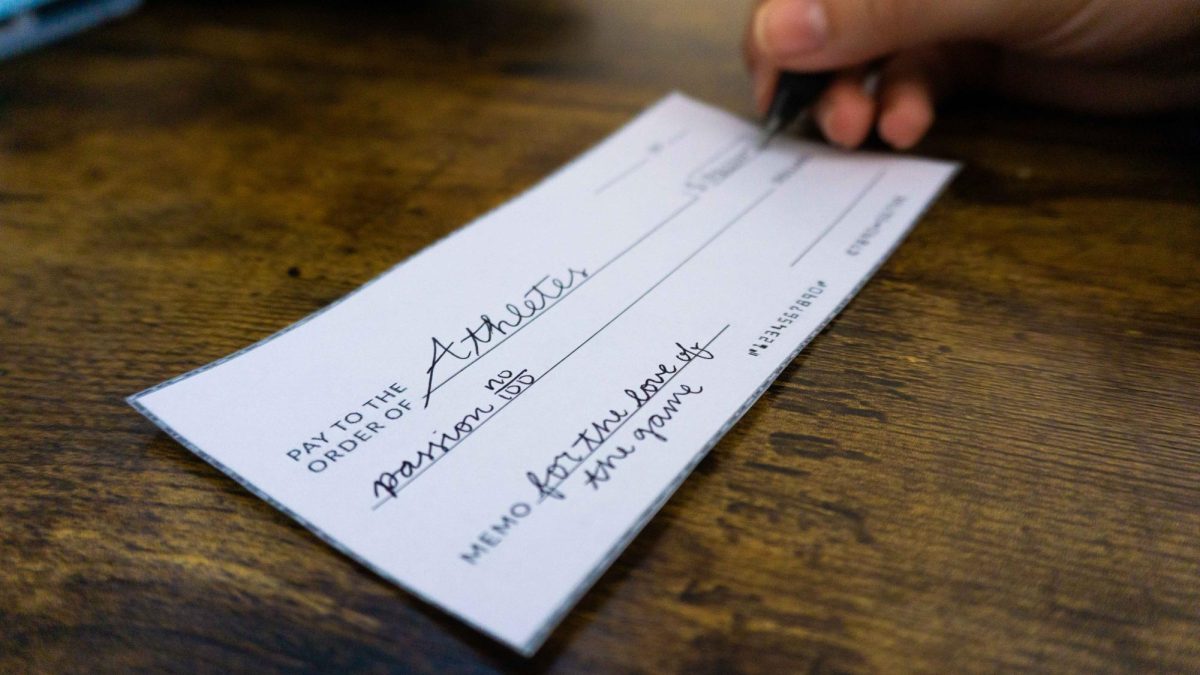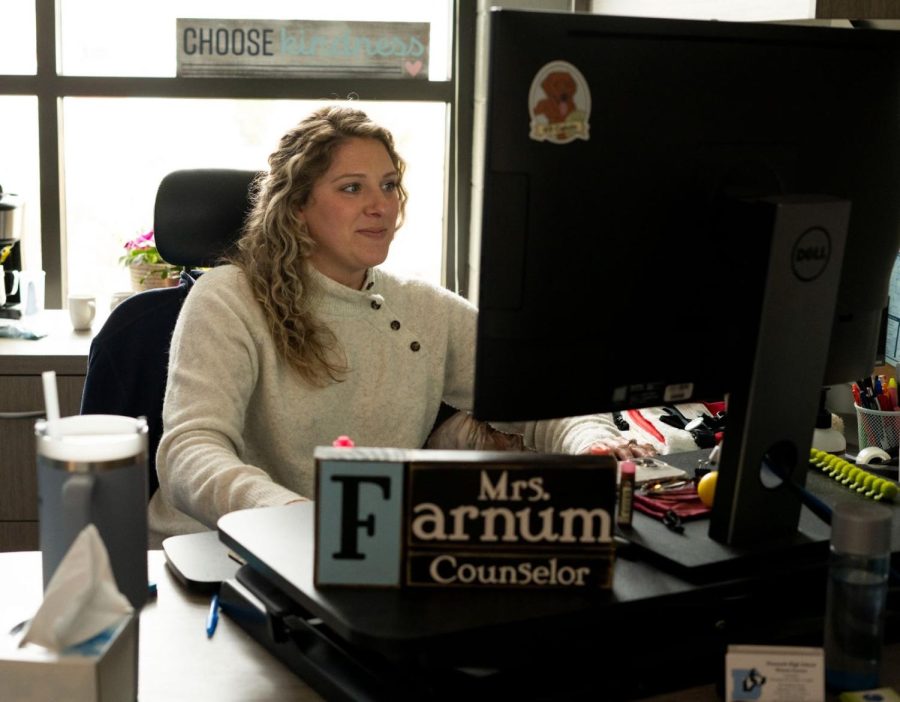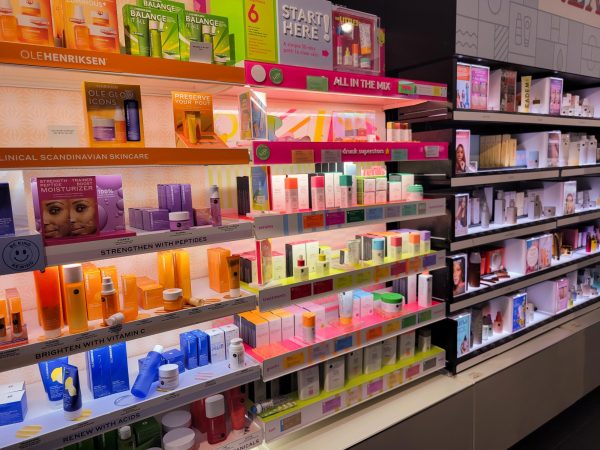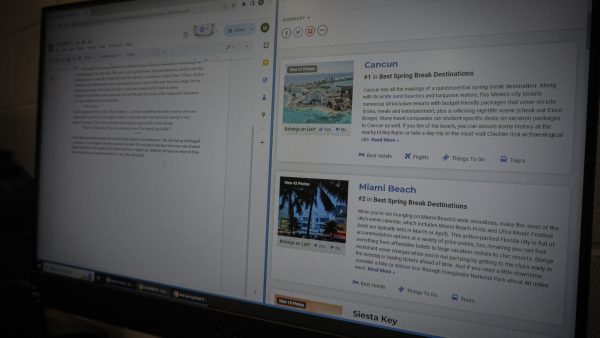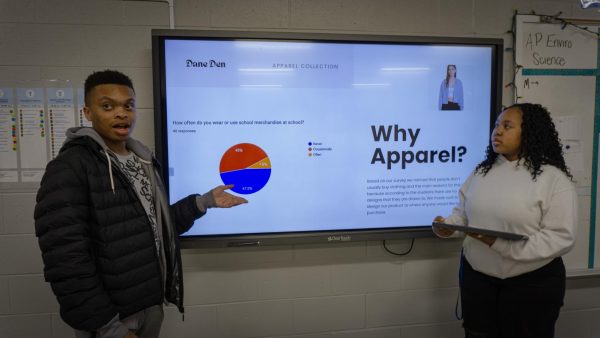Prioritizing Mental Health
The broad idea of mental health has always been an important subject in the world, but it came to the forefront as the COVID-19 pandemic hit. Many teenagers and adults struggled with newfound loneliness due to isolation in a single space for hours. But, before getting into the deep end, what is mental health? One of the counselors at Denmark, Mr. Brooks, describes, “With mental health I would define it in a similar way I would like physical health. It could be good, or it could be bad. Where are you emotionally, and in your thought life.” However, this is only one definition of mental health. There is a diversity of definition, caused by varying experiences and point of views of people.
In the world, many people suffer with mental health problems, from depression to stress and they affect everyday lives. These should always be addressed, as leaving them alone could cause them to elevate into something uncontrollable. When having a particularly worse day, consider unwinding or practicing self-care. Dr. Crowe, a math teacher at Denmark explains, “I have played piano since I was very young, so sitting at the piano and focusing on playing is a major stress reliever for me. I also believe that the simple act of time with my husband and our pup, Pancake, helps to wind down from a difficult day.” Relaxing from a stress-filled day can be anything that allows someone to be at peace with the occurrences of their day. It could be anything from going to the gym to cooking,allowing time for one to do what they love.
Self-care is similar and is a large part of helping keep mental health on the positive side. Mental Health First Aid reveals, “Engaging in a self-care routine has been clinically proven to reduce or eliminate anxiety and depression, reduce stress, increase happiness, and more. It can help you adapt to changes, build strong relationships, and recover from setbacks.” So many positive results can be the outcome of taking a small time after school/work or during weekends for yourself.
Teachers, students, counselors, administrators, everyone overworks at times. The school is doing everything in their power to make sure that kids have room to breathe and a safe place. During Dane Times there are wellness sessions, allowing students and teachers to wind down and not think about school work for a while. Focusing on students’ mental health, Mr. Brook mentions, “We have an open door and that’s where we get a lot of conversations and things along those lines in which students come in or they’re referred.” If there is a need for a student to talk, there are always counselors and teachers available to have a conversation. Denmark, having such a strong student and adult population, contains many hard workers, but taking time out of the day to prioritize mental health will evolve the population into a much happier and healthier space, that can possibly work even harder.
Kapil, R. (2022, March 14). How and Why to Practice Self-care. Mental Health First Aid. https://www.mentalhealthfirstaid.org/2022/03/how-and-why-to-practice-self-care/

The barn is my second home with its dark tan facade, the outside glistening in the bright sun as I push the slightly broken doors open, the sound of our...



